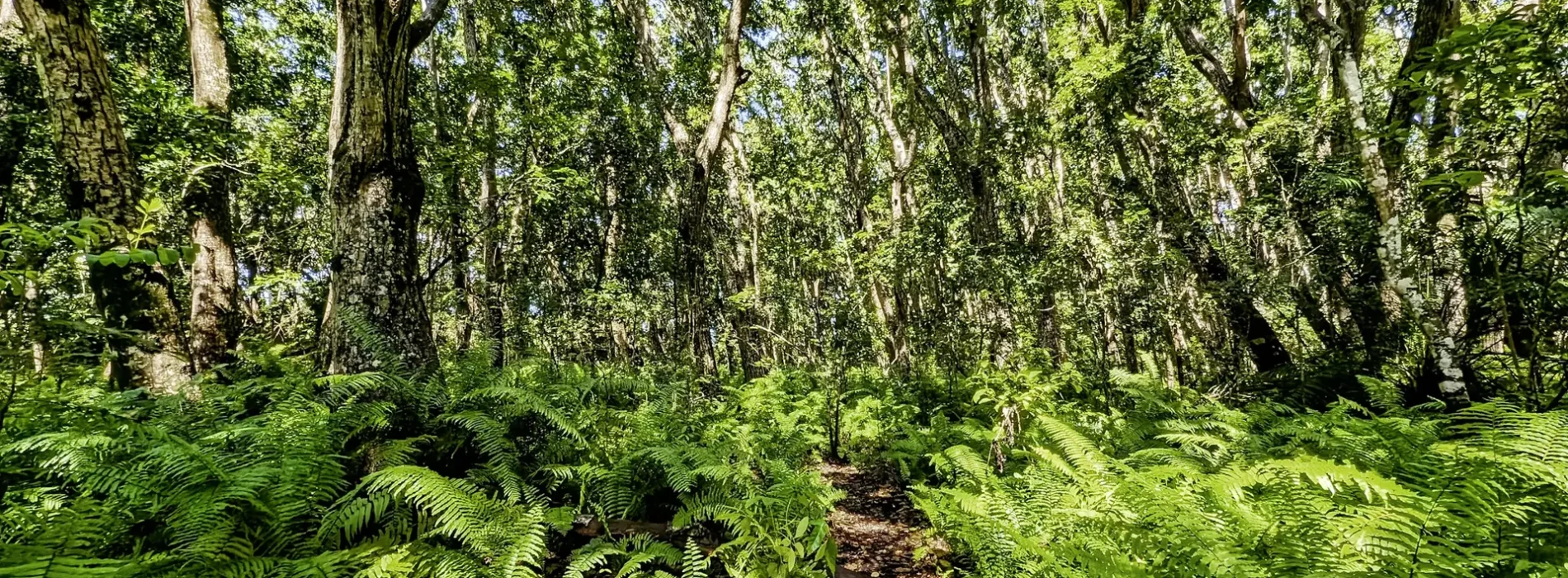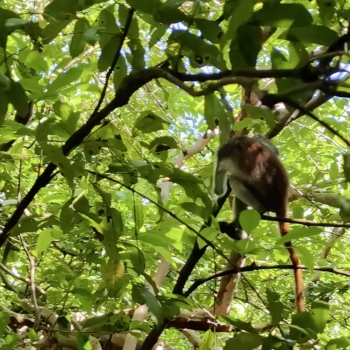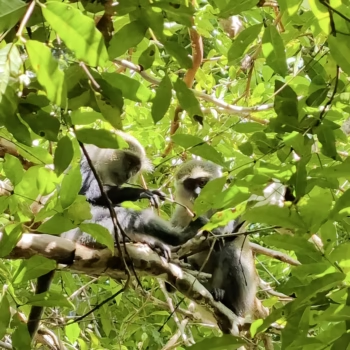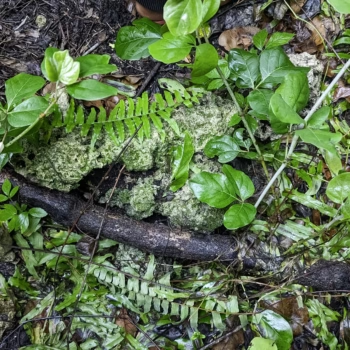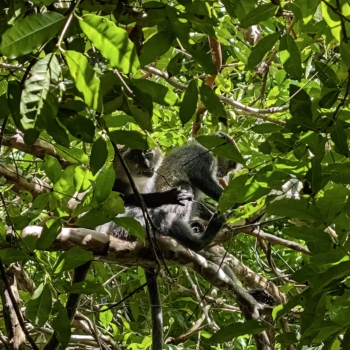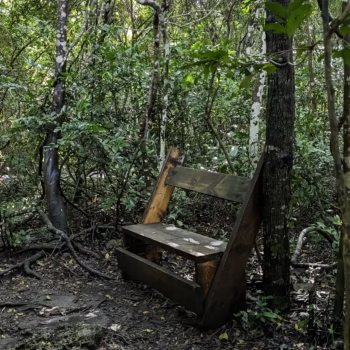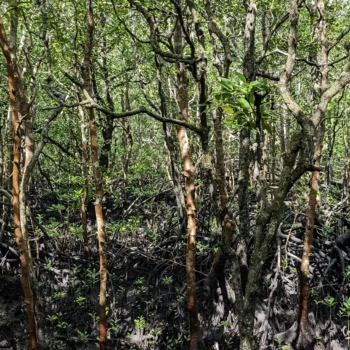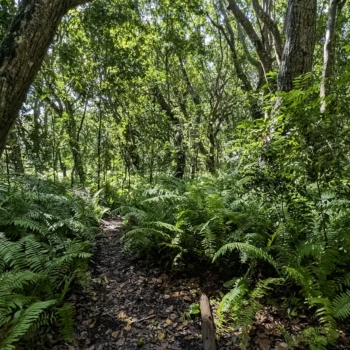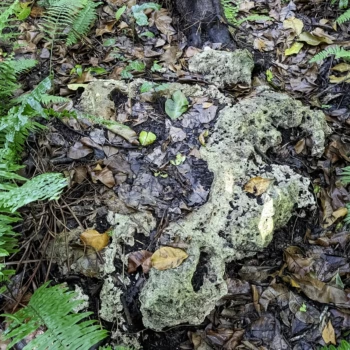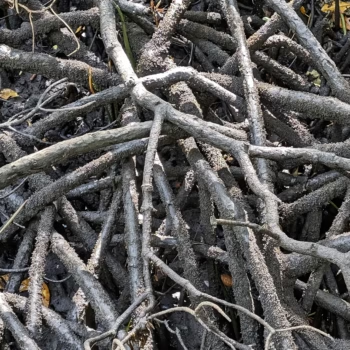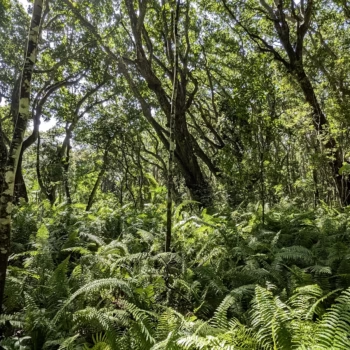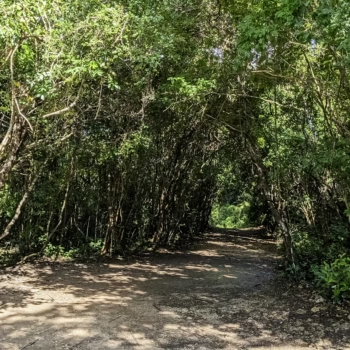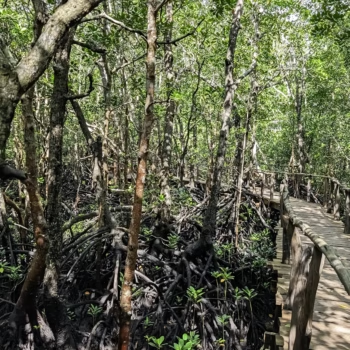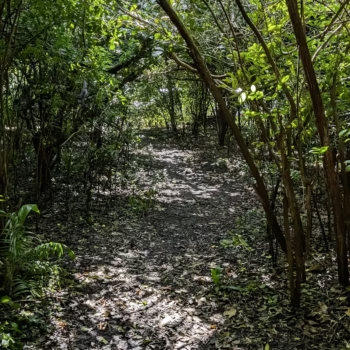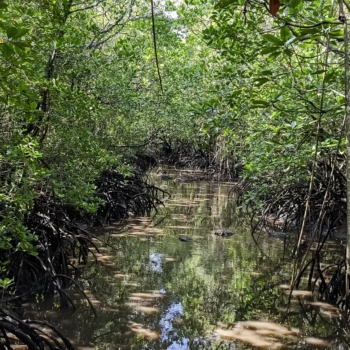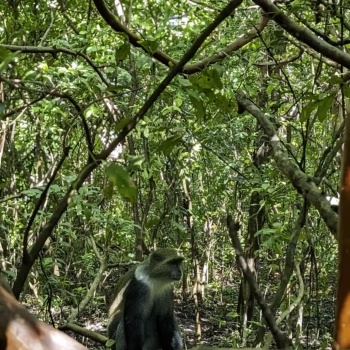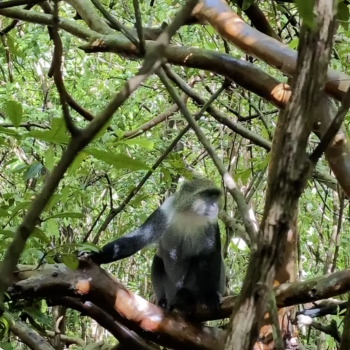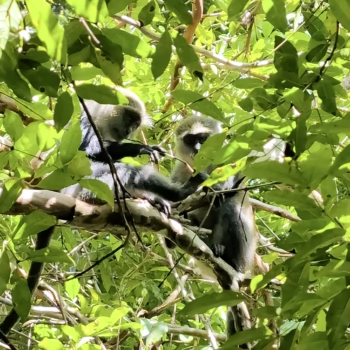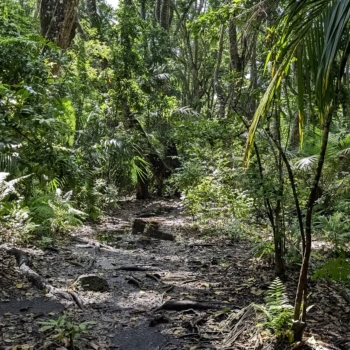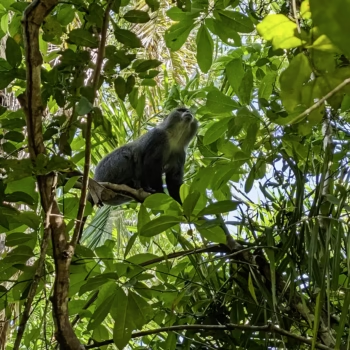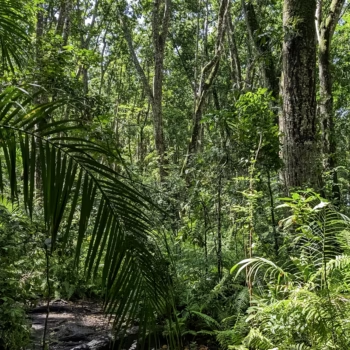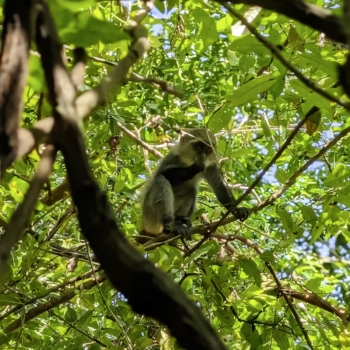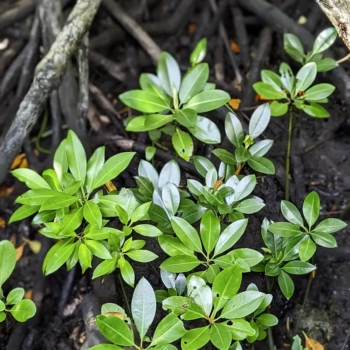Jozani-Chwaka Bay National Park
Jozani Chwaka Bay National Park, found on the island of Zanzibar, covers just over 50 square kilometers. It’s the only national park on the island and has different kinds of natural areas, like thick forests, big mangrove swamps, and interesting coral rock forests. The name “Jozani” comes from a small pond called Mwajoza, which is inside the forest.
The main part of Jozani is its famous forest, which is home to the endangered Zanzibar (Kirk’s) red colobus monkeys. These monkeys, named after Sir John Kirk (a British Resident of Zanzibar who brought the attention of zoological science world to the monkeys), only live in Zanzibar. They have black faces with long white hair, a pink mark on their lips and noses, and they’re good at balancing with their tails. They’re a key part of the park’s work to protect nature, something that’s been important since the mid-1990s. They’ve become a symbol of the park’s promise to look after its natural treasures.
In the past, people used the park’s resources a lot. In the 1930s, someone built a sawmill there. Even after the area became a protected forest in the 1950s and 60s, people still cut down trees and hunted, which was bad for the environment. But things changed in 2004. That year, Jozani Forest joined with Chwaka Bay to become Zanzibar’s first national park: Jozani Chwaka Bay National Park. This move massively helped to reduce how much the resources were being exploited.
Today, people from all over the world visit this unique national park to see its amazing nature. With about 100 kinds of trees, 50 types of butterflies, and various plant species, it’s a great place to experience nature. Bird watchers can also see over 40 bird species, like Saunders’s terns and Mangrove kingfishers.
Interesting Facts About Jozani-Chwaka Bay National Park
- Jozani Chwaka Bay National Park is the only national park on Zanzibar, covering 50 sq. km. It became a park in 2004.
- The park is home to the endangered Zanzibar red colobus monkeys, which live only in Jozani.
How to Get There
From Zanzibar Stone Town, head southeast towards Paje for about 38 kilometers until you reach Jozani. Look for signs and speed bumps for the entrance to Jozani Chwaka Bay National Park. Turn left onto the road for Jozani Forest, and you’ll see the park gate. Since you’ll be walking a lot in Jozani, wear comfortable shoes for the trails.
